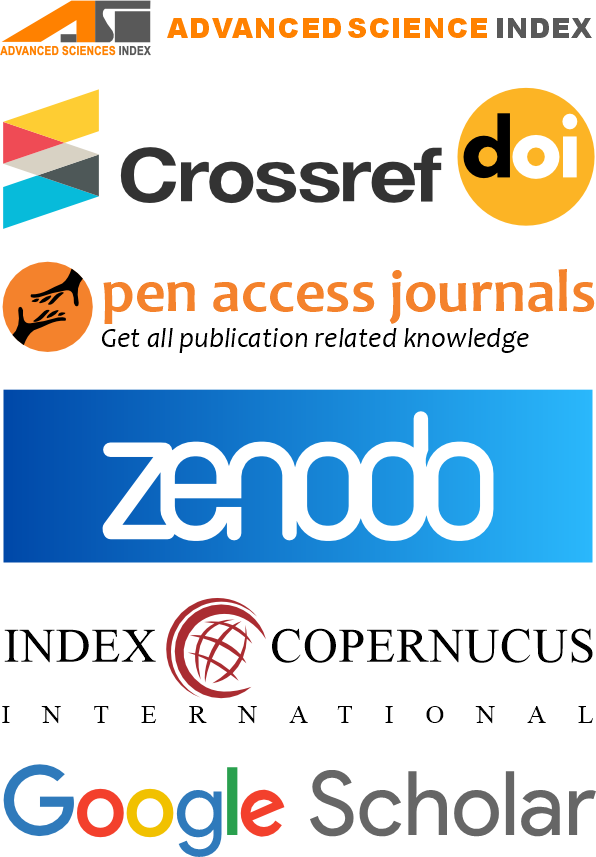The Role of Ulema in the Political Struggle for Pakistan's Independence
DOI:
https://doi.org/10.62997/rl.2022a.15714Keywords:
Ulema, Political Struggle, Pakistan, Jamiat Ulama-e-Hind, Sub-continent, Darul Uloom-i-DeobandAbstract
Ulama played a crucial role in the struggle for independence in British India. They had a significant role in various aspects of life, ranging from educating Muslims about society and culture to governing the nation. The involvement of Ulama in politics in British India commenced in 1803 and persisted until 1947. Darul Uloom-i-Deoband, like a religious institution, was established with the aim of assisting the Muslim community in India in regaining stability. The Ulama were the pioneers in their pursuit of liberation from the authority of the monarchy. The Ulama's perpetual and ceaseless conflict is what rendered this movement benevolent, vibrant, and all-encompassing. Undoubtedly, the historical narratives surrounding the Ulemas and religious personalities have become intricately intertwined with the history of the liberation movement and the Indo-Pak subcontinent, rendering it challenging to distinguish between the two.
References
Bayat, A. (1998). Revolution without Movement, Movement without Revolution: Comparing Islamic Activism in Iran and Egypt. Comparative Studies in Society and History, 40(1), 136–169. http://www.jstor.org/stable/179392
Bhattacharya, T. (2021, December 17). The western connect: Comparing Indian and Hindu nationalism. LSE Undergraduate Political Review. https://blogs.lse.ac.uk/lseupr/2021/12/17/the-western-connect-comparing-indian-and-hindu-nationalism/
Chander, S. (1987). Congress-Raj Conflict and the Rise of the Muslim League in the Ministry Period, 1937-39. Modern Asian Studies, 21(2), 303–328. http://www.jstor.org/stable/312649
Dhulipala, V. (2015, March 8). How the Jamiat Ulama-I-HInd fought against the partition of India. The Caravan. https://caravanmagazine.in/vantage/madani-jinnah-muslim-league-partition
Fair, C. C., RABASA, A. M., BENARD, C., CHALK, P., FAIR, C. C., KARASIK, T., LAL, R., LESSER, I., & THALER, D. (2004). Islam and Politics in Pakistan. In The Muslim World After 9/11 (1st ed., pp. 247–296). RAND Corporation. http://www.jstor.org/stable/10.7249/mg246af.15
HAMDEH, E. (2021, February 22). Traditional Ulama, Salafism, and religious authority. Maydan. https://themaydan.com/2021/02/traditional-ulama-salafism-and-religious-authority/
Hasan, M. (1981). Religion and Politics: The Ulama and Khilafat Movement. Economic and Political Weekly, 16(20), 903–912. http://www.jstor.org/stable/4369836
Hasan, M. (2020, February 28). Was Pakistan always destined to become an Islamic Republic? - Part 1. The Express Tribune.
Islam, N. (2022). Faithful Participation: The ‘Ulama in Bangladeshi Politics. Politics, Religion & Ideology, 23(2), 177–203. https://doi.org/10.1080/21567689.2022.2082416
Kamran, T. (2015). The Pre-History of Religious Exclusionism in Contemporary Pakistan: “Khatam-e-Nubuwwat” 1889–1953. Modern Asian Studies, 49(6), 1840–1874. http://www.jstor.org/stable/24734820
Mallampalli, C. (2017). Introduction. In A Muslim Conspiracy in British India?: Politics and Paranoia in the Early Nineteenth-Century Deccan (pp. 1–27). chapter, Cambridge: Cambridge University Press.
Mehmood, W., Shah, S. A., & Malik, M. S. (2016). Ulema and the freedom Struggle for Pakistan. Global Political Review, 1(1), 44–52. https://doi.org/10.31703/gpr.2016(i-i).05
Mohomed, C. (2014). “Islam” as the national identity for the formation of Pakistan: the political thought of Muhammad Iqbal and Abu’l ’Ala Mawdudi. História, 33(1), 317–339. https://doi.org/10.1590/s0101-90742014000100015
Nasr, S. V. R. (2001). Islamic Leviathan: Islam and the Making of State Power. http://ci.nii.ac.jp/ncid/BA5463721X
O’Brien, P. K. (1988). The Costs and Benefits of British Imperialism 1846-1914. Past & Present, 120, 163–200. http://www.jstor.org/stable/650926
Paracha, N. F. (2016, August 28). Iqbal's new Muslim man. DAWN.COM. https://www.dawn.com/news/1279670
Rahman, A. (2021, January 28). A history of the Ulama in British India. The Daily Star. https://www.thedailystar.net/book-reviews/news/history-the-ulama-bengal-2035289
Rizvi, S. (2015, January 1). All India Jam'iyyat Ulama-I-Islam: Religio-political activism and Pakistan movement (1945-1947). Academia.edu - Share research. https://www.academia.edu/101845681/All_India_Jamiyyat_Ulama_i_Islam_Religio_Political_Activism_and_Pakistan_Movement_1945_1947_
Şahbaz, D. (2020). The two nations theory and it’s role in the establishment of Pakistan. Akademik Tarih Ve Düşünce Dergisi, 7(1), 207–232. https://dergipark.org.tr/en/download/article-file/1033923
Tareen, S. A. (2014, March 27). Deoband Madrasa. Oxford Bibliographies. https://www.oxfordbibliographies.com/display/document/obo-9780195390155/obo-9780195390155-0019.xml






